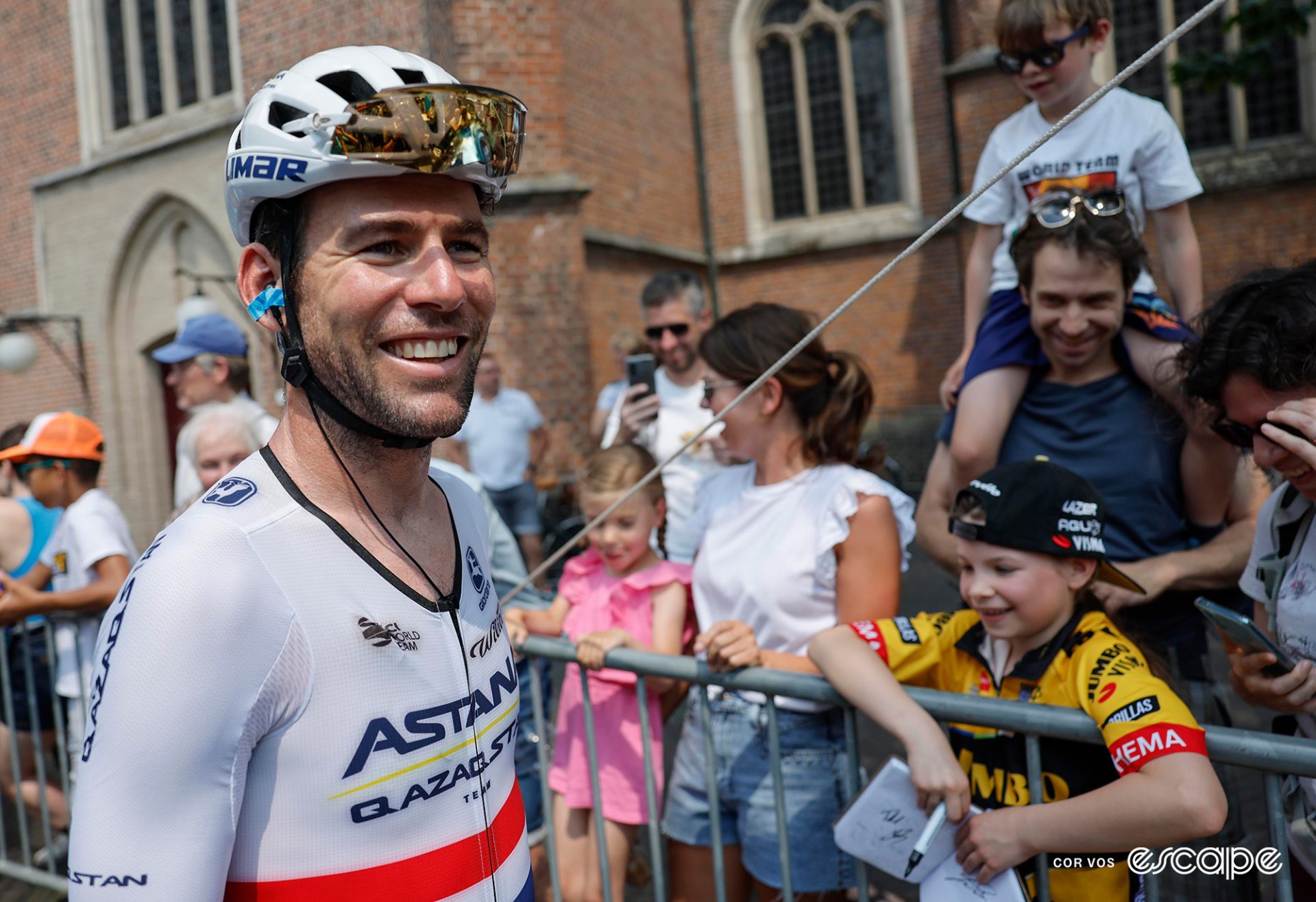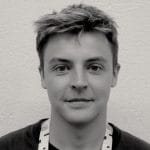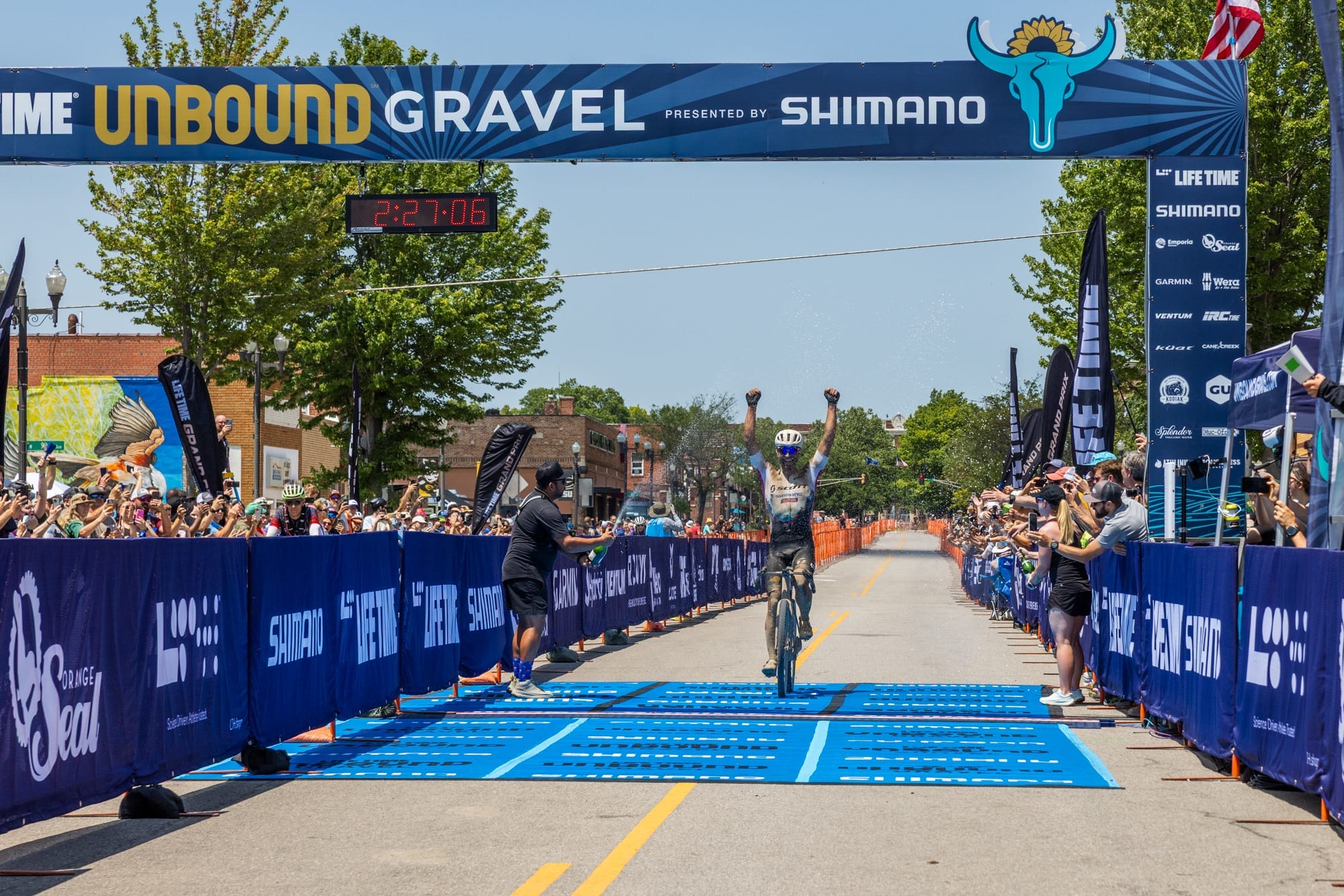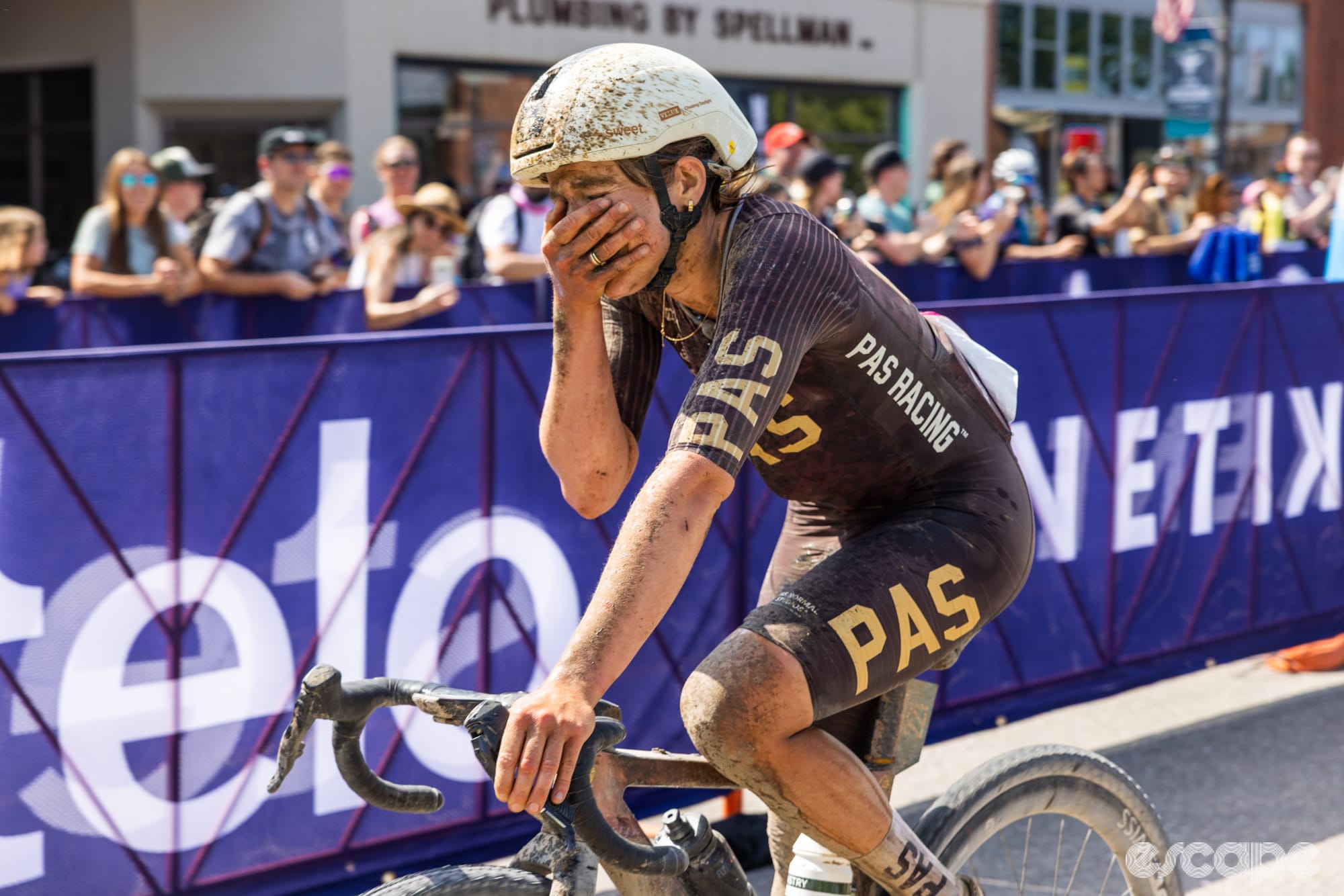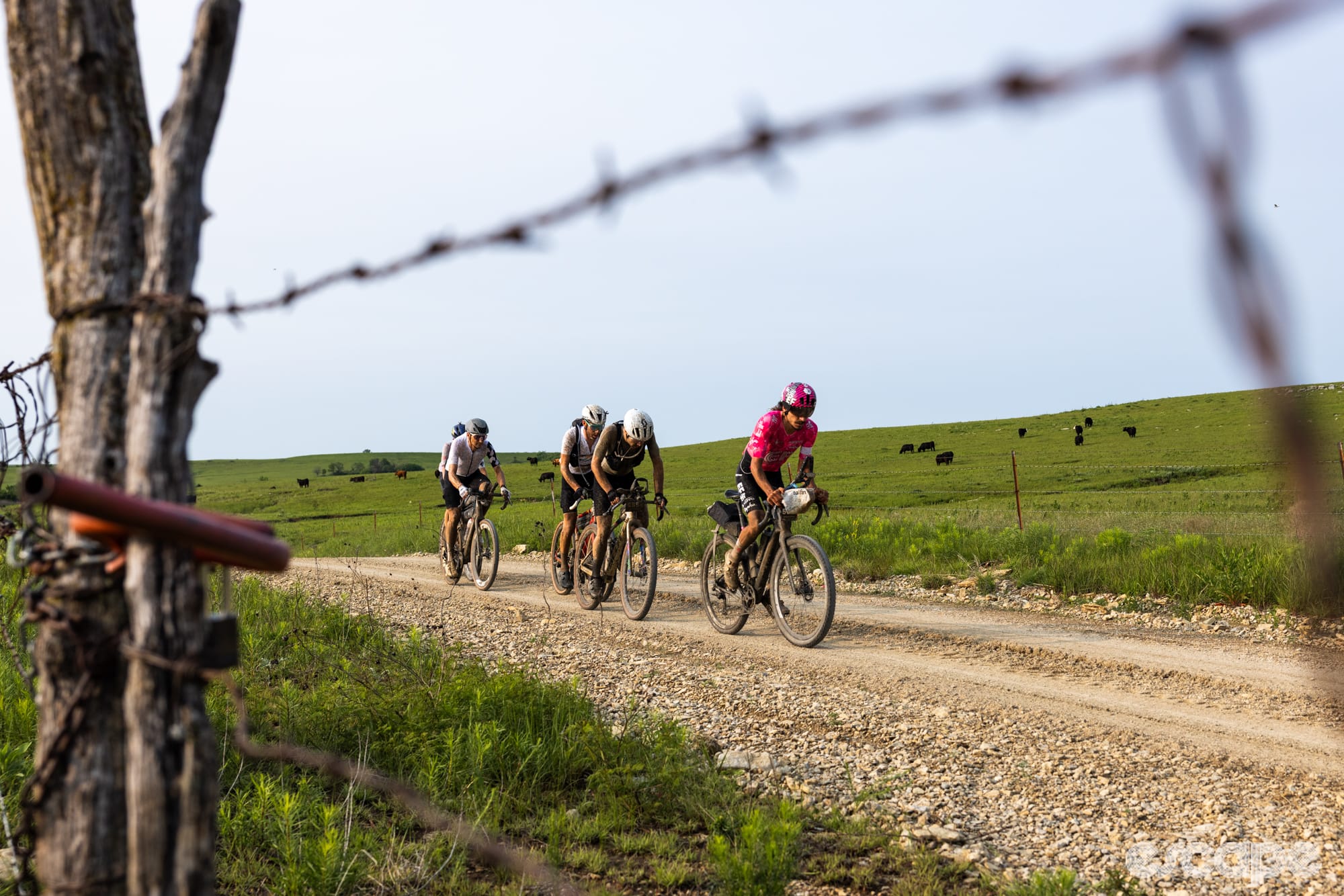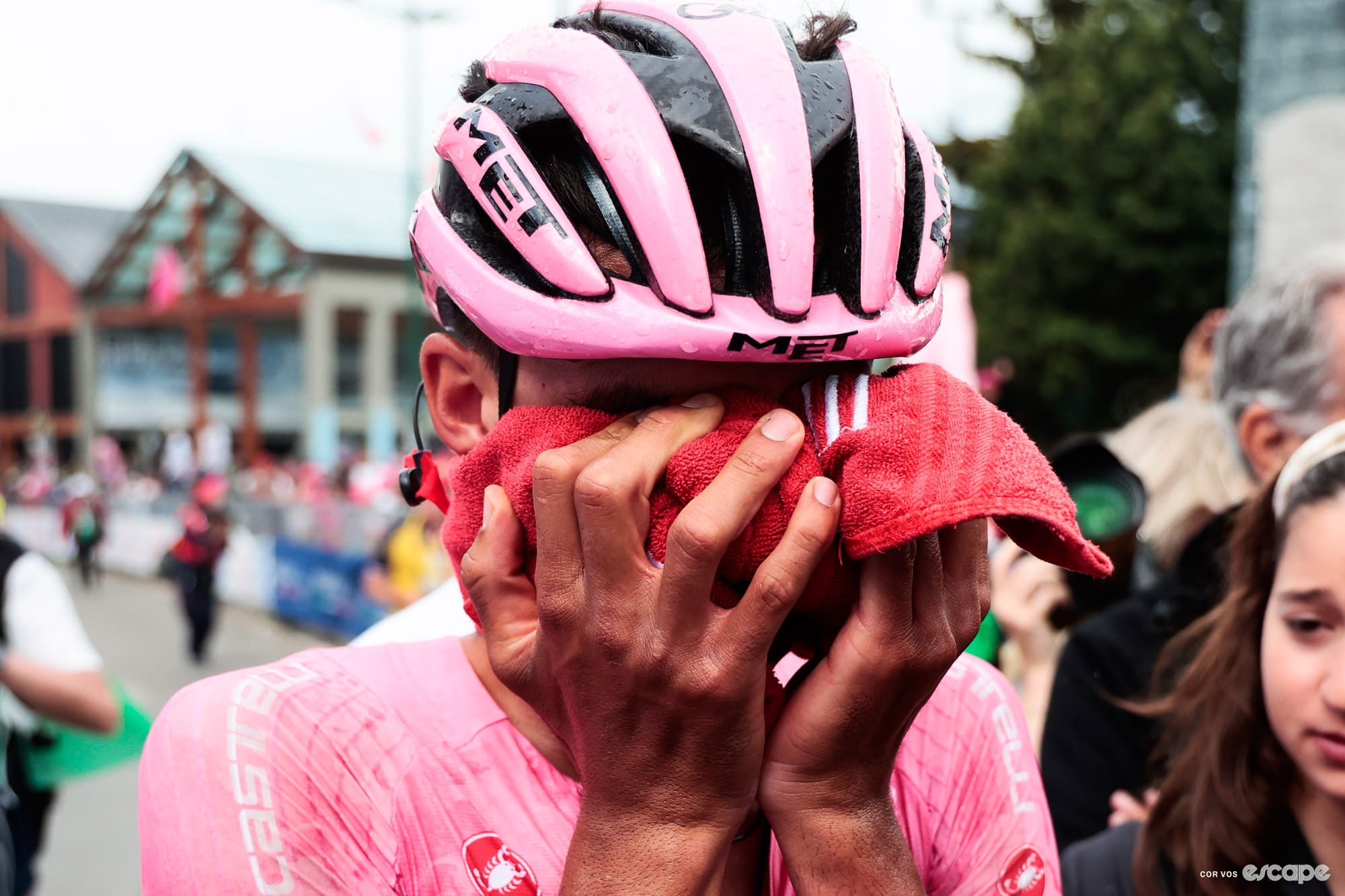Mark Cavendish is like the entire collection of the Mr. Men children's books. Sometimes he is Mr. Grumble, Mr. Impossible, Mr. Quiet and even Mr. Rude. In other words, he is human. Although, he is never Mr. Nobody (and we can't quite imagine him as Mr. Tickle) and rarely Mr. Slow, at least when it matters. Today, two days out from the start of his 14th and final Tour de France, he is Mr. Happy.
Inside the Palacio Euskalduna, Bilbao's Concert Hall, he walks up on stage for his final pre-Tour press conference. Everyone is wondering which Mark Cavendish are we going to get today. A final Tour de France with a team 'new to sprinting' (the rider himself put in air quotes during the conversation that follows), an end of an era for the race as a whole as well as its most successful sprinter, and the prospect of a record-breaking 35th stage win.
The pressure (at least from the outside world) is high, the focus of the spotlight on him once again is intense.
The questions begin. He's doing alright, thanks for asking, doing what he can to prepare for the Tour de France, a race where you never know exactly where you're at until you're in it, everyone trying to prepare to the level to rip each other's legs off.
Cavendish is sharing the stage with Dylan Groenewegen, Jayco AlUla's Dutch sprinter, who seems not only thrilled to be here but to be sharing the stage with Cavendish. When one question about how sprinting has changed over the years, Cavendish deftly nods for Groenewegen to take a metaphorical pull; this is his press conference, he will control and conduct it, even as one of two interviewees.
The big news in racing terms for Cavendish at this Tour is that he will be part of an Astana-Qazaqstan squad not used to competing for bunch sprints at all, let alone at the Tour de France. But he pushes back slightly, in possibly the politest way he has ever done when his ability to win has been questioned.
"Actually, in any team you're in, whether it's a team that’s geared to win [sprints] or not, how you play a race depends on which other sprinters and riders are there. You have to make your game plan around that. With Astana-Qazaqstan, being 'new to sprinting,' it doesn't mean that the resources aren't there to have an incredible leadout, it just means that it takes time to practice it and learn it.
"I've taken a lot of races even when I haven't crossed the finish line first as wins as a team. Even down to climbers or GC guys committing to a bunch sprint. Whether you cross the line first or not, you can count them as wins, so I’m really happy."
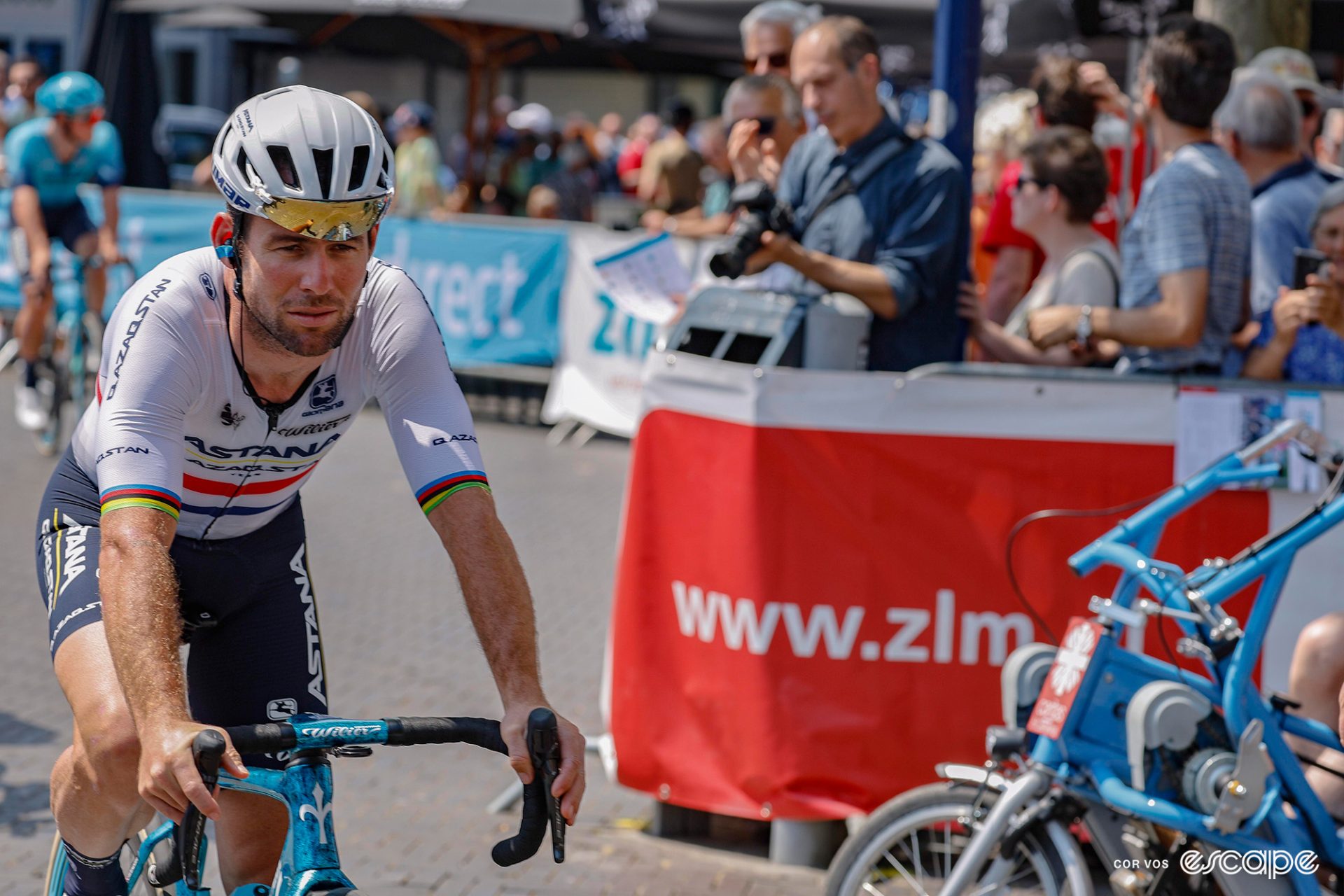
The big bolster to his team setup is the arrival of Mark Renshaw, his old leadout man, who will be a sprint consultant for the team and Cavendish over the next three weeks.
"Mark’s had a successful few years as an analyst for Australian TV; we always kept in contact. I had some incredible people around me to discuss the sprints [previously], I was in teams that were more geared on sprinting so there was never the need," Cavendish explained of the decision to bring Renshaw on.
"It was quite organic, I spoke to Mark [Renshaw] all this year. Mark kind of hinted at it, it was a really good idea. So yeah. Both parties happy, it works very well."
In tandem with winning at least one of the 21 bike races to come, there is the question of Cavendish cherishing this moment, of trying to take in the race that has made him who he is and will always define him.
"I've thought about it," Cavendish admits, of whether he'll be able to soak up the fact that he is racing his final Tour while on the road. "And really, unfortunately, no, because I still have to try and do a job.
"I know I'll regret that, not living in the moment and enjoying things. It doesn't mean that the whole experience of the Tour de France is ... you can't describe it. This race gives the most incredible emotions.
"But you can't really analyse and appreciate it until afterwards. I know this is my last one [but] I still have a job to do. You can definitely appreciate it later."
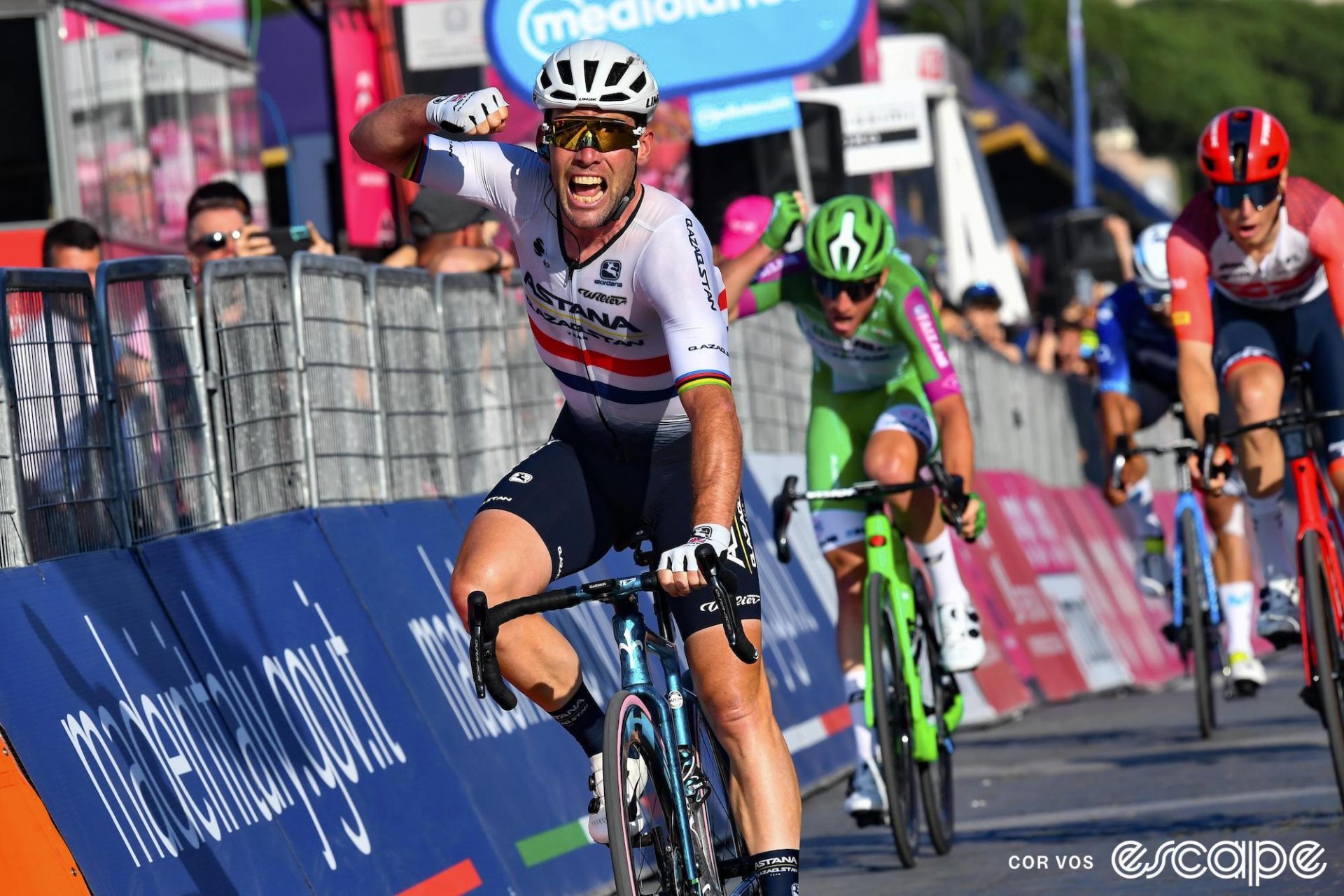
We've already had one long, protracted silence as Cavendish deliberated whether it was surreal that he was back in this position after the hardships of the past few years. Eventually, we get our answer as he stems his emotions and manages to get his words out.
"I don't know really. It’s been nice and it’s created the most incredible memories that’s for sure. Yeah. I'm deeply privileged that I can continue my career in the way I did."
The final question, usually saved until last unless it rubs Cavendish up the wrong way and completely derails the press conference, is reserved for talk of records. Specifically, the Tour de France stage win record.
The winner of 34 stage wins, tied with Eddy Merckx, is asked what it would mean to take number 35.
He shrugs, silent. Contemplating the answer with the same distant stare you see Elon Musk sometimes use in interviews. But where Musk is all robot, lines of 0s and 1s streaming through his brain as he tries to compute what he wants to say, Cavendish is all heart. He looks to the audience for help as he struggles to conjure the words, gesticulating as if that will free his mind to put into words what it would mean. A couple of stifled giggles from the audience as Cavendish's voicebox creaks into action. By the time he manages to compose himself and re-master the English language, it's been 30 seconds.
"Honestly I don't know. I just want to try and win as much as I can. I’m sorry."
An apology from Mark Cavendish. There must be something in the water here in Bilbao.
Did we do a good job with this story?

